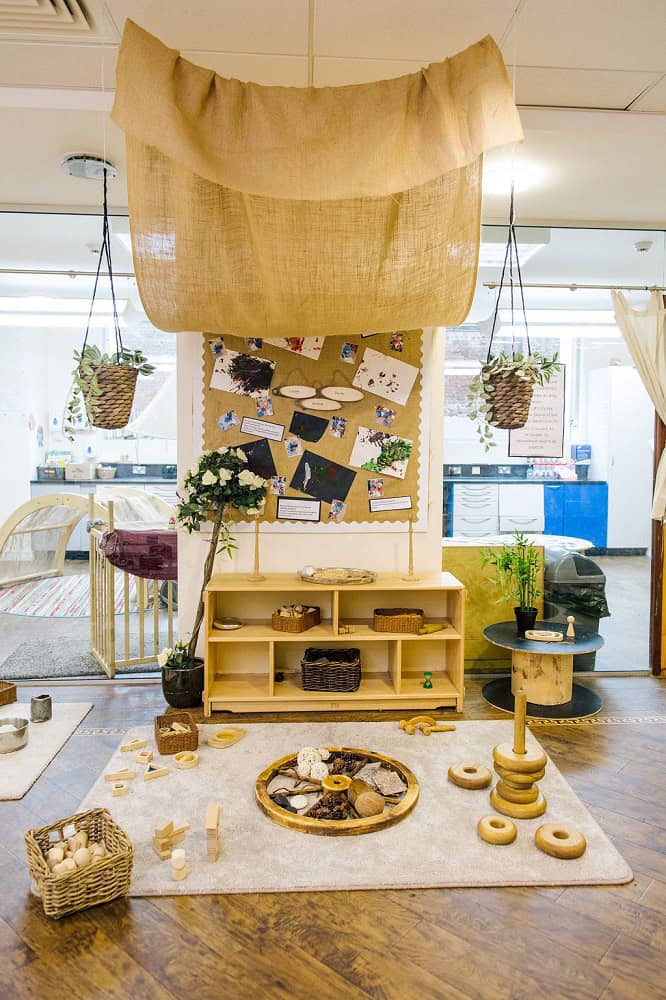News
Last Updated on May 12, 2025
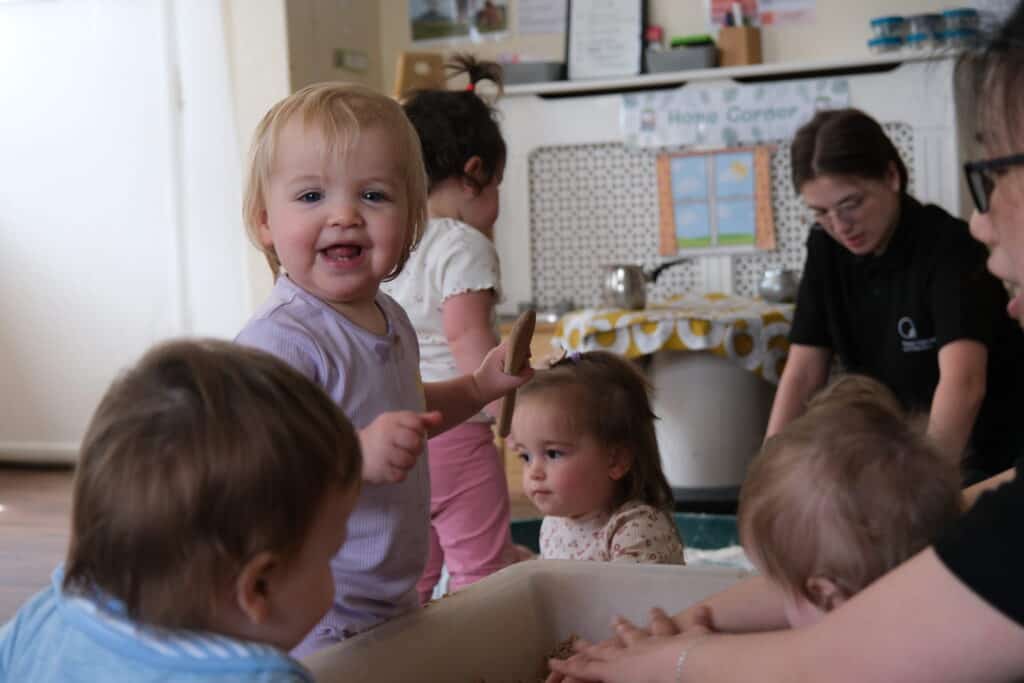
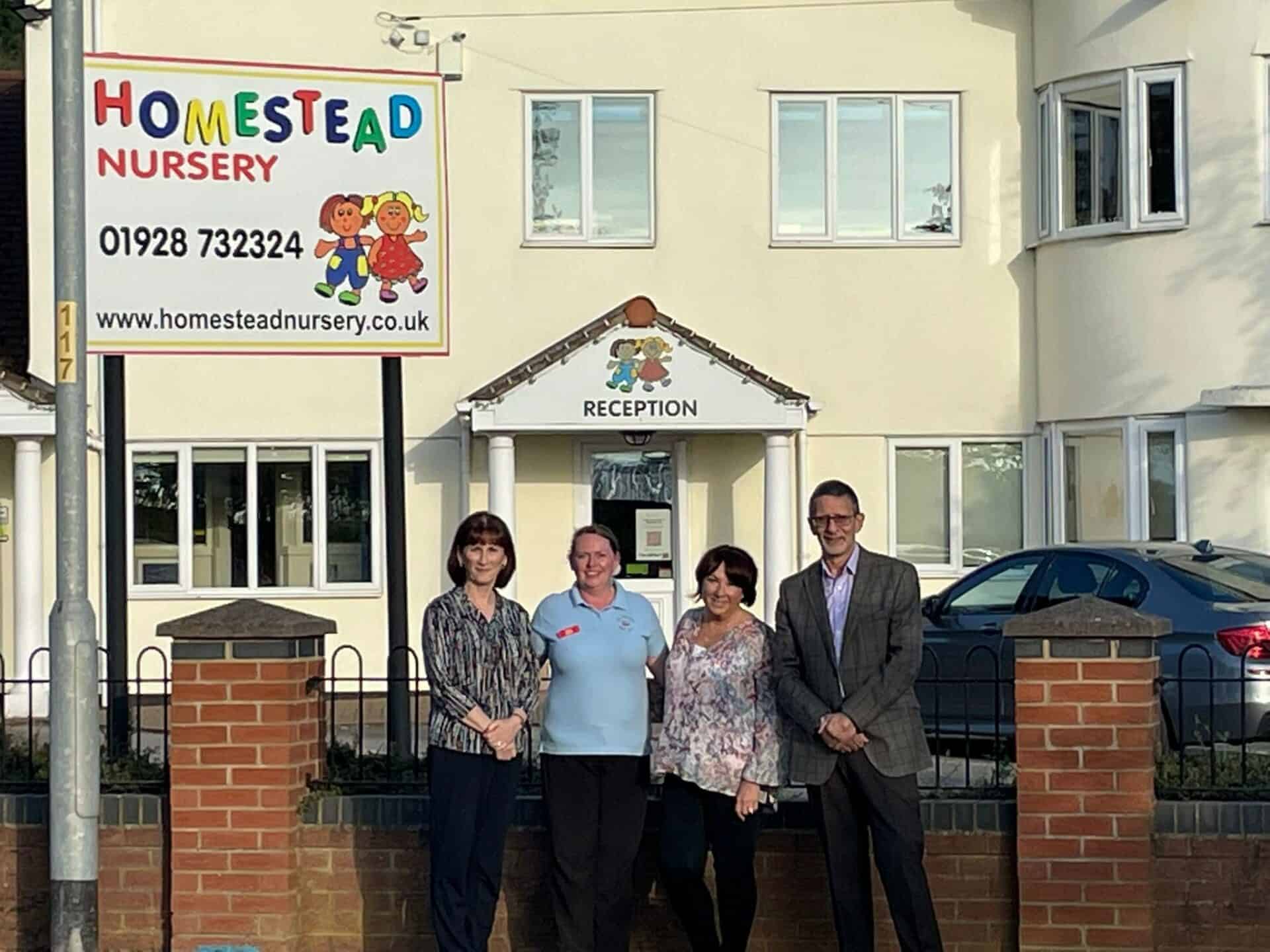
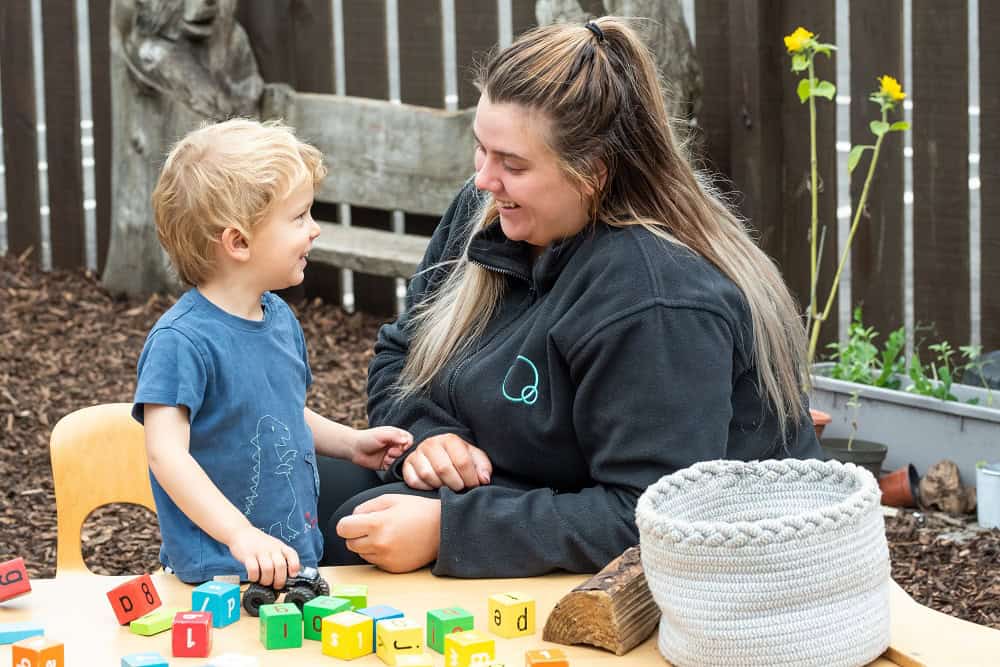
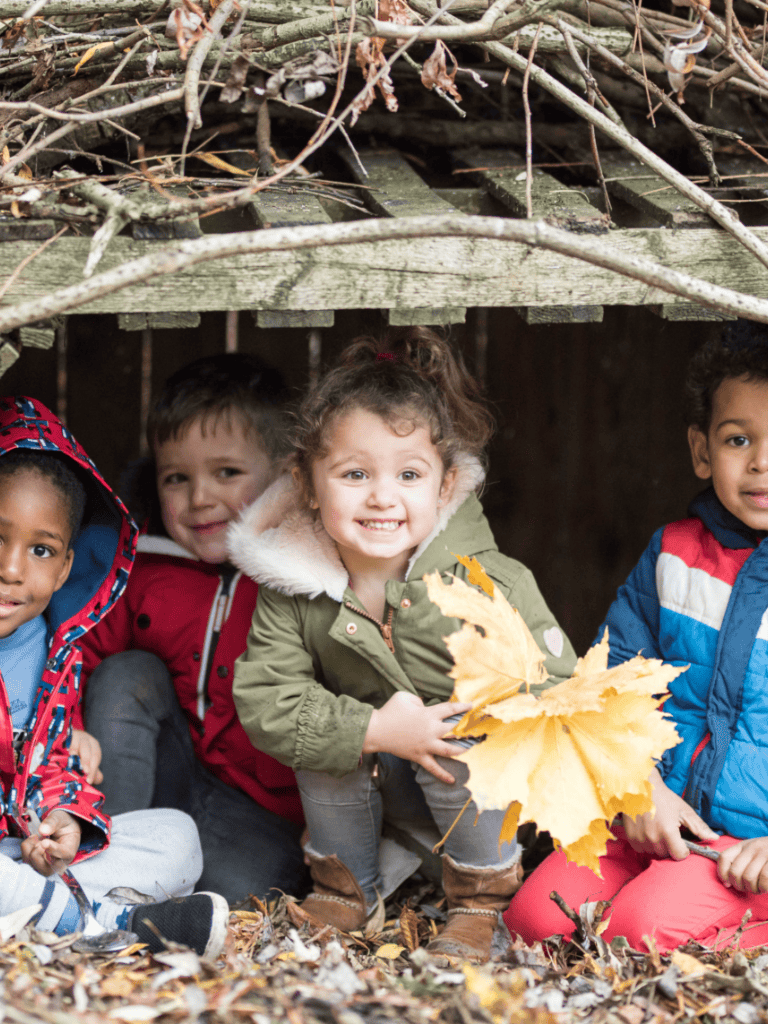

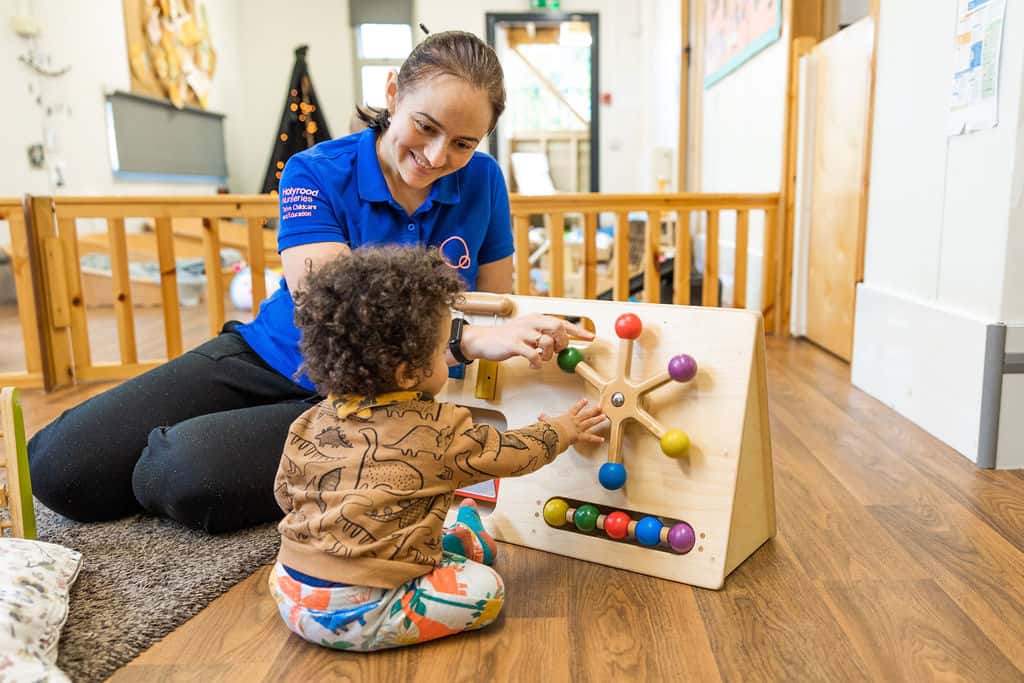
Why the nursery settling-in process is more important than ever for babies born during the Covid-19 pandemic
May, 4 2022 Read story


How a team member who started as a Modern Apprentice is now thriving as a Nursery Manager
April, 21 2022 Read story
Thrive Childcare and Education have been celebrating Easter with a variety of different activities across sites!
April, 15 2022 Read story
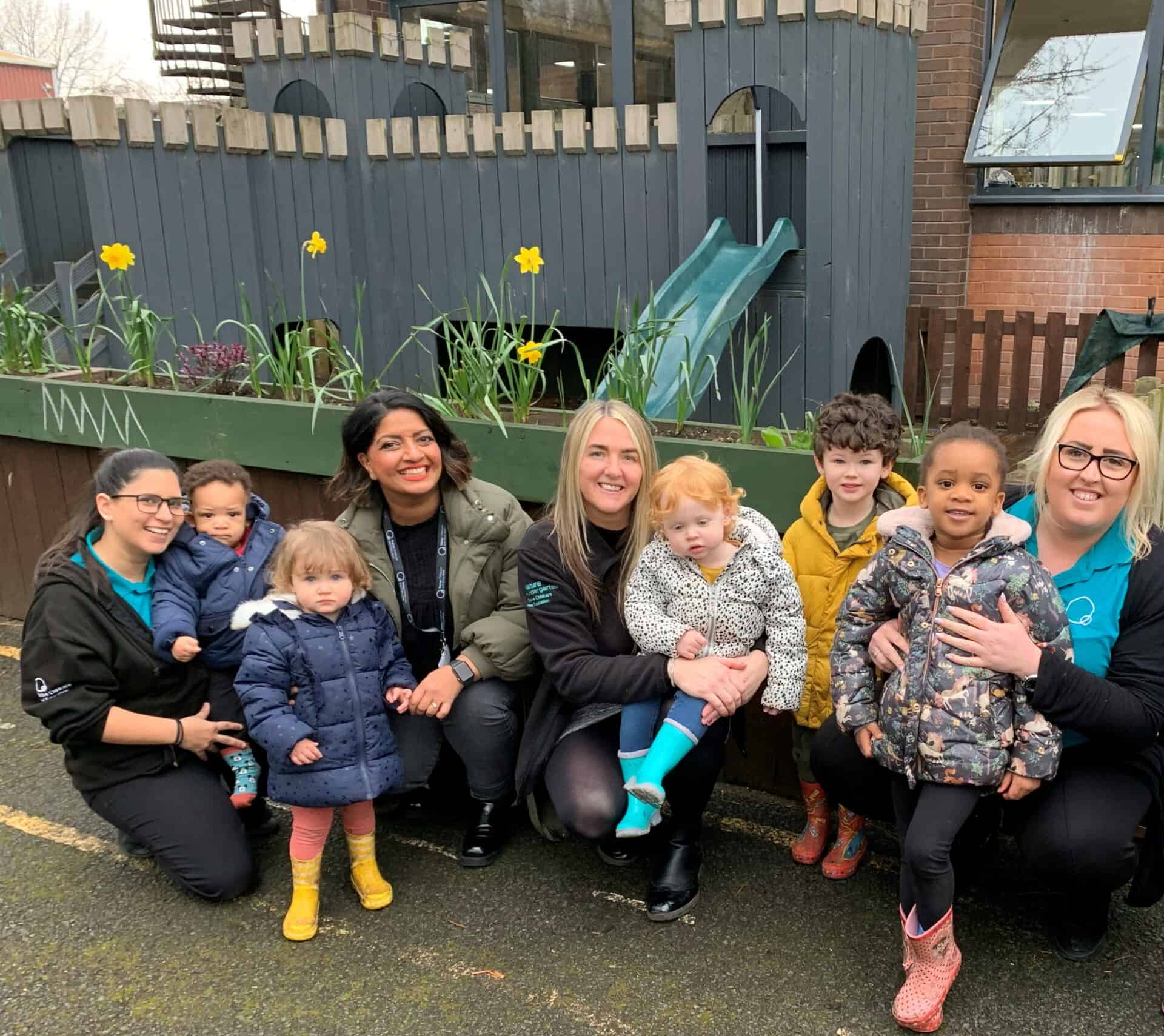
New Director leads Thrive’s vision to transform early years careers and put nursery teams centre stage
March, 18 2022 Read story